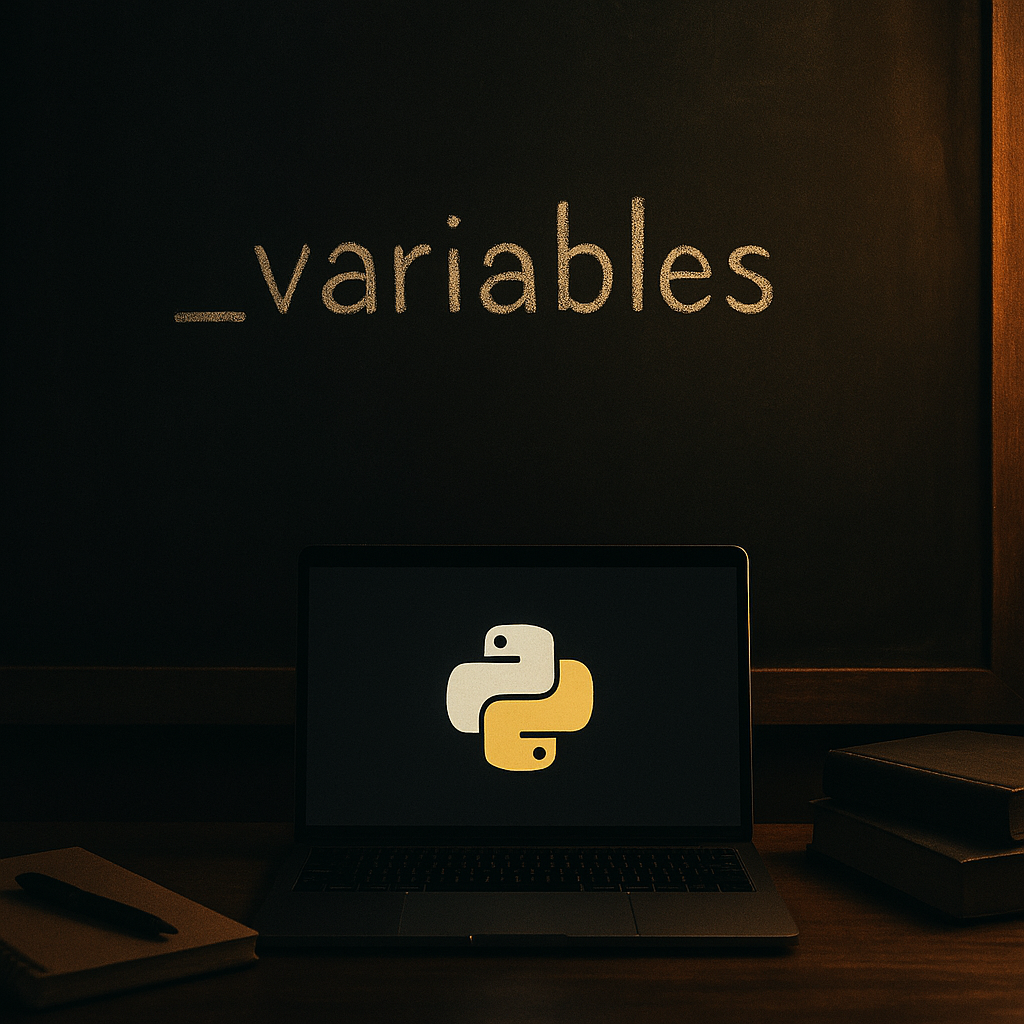Unlock Python Mastery: Understanding Variables & Data Types for Coding Success
Explore the fundamentals of Python programming by mastering variables and data types. This knowledge will set you on the path to becoming a proficient Python programmer.
Getting Started with Variables
In the world of Python programming, variables are essential building blocks that allow you to label and store data. Think of them as containers for information, enabling your code to reference and manipulate data efficiently. Naming variables correctly is crucial; start with a letter, you can use underscores to improve readability, but avoid starting with a number. Choosing descriptive and meaningful names can make your code easier to understand and maintain.
Exploring Basic Data Types
Variables in Python can hold a variety of data types. Understanding the basic data types will help you use the right kind for your needs:
- Integers: These are whole numbers without decimal points. They’re often used for counting or indexing.
- Floats: Unlike integers, floats are numbers with decimal points. They are useful for calculations requiring precision.
- Strings: A string is a sequence of characters enclosed in quotes, often used to handle text data.
- Booleans: This data type represents truth values, being either true or false, and is often used in decision-making structures.
Diving Into Collections
Besides these basic data types, Python also offers collection types which allow you to store multiple items together:
Lists: These are ordered collections that can contain items of different data types. Lists are versatile and commonly used for storing sequences of items.
Dictionaries: Unlike lists, dictionaries store data in key-value pairs, making them ideal for scenarios where you need to retrieve data using a specific key. For instance, you can create a dictionary to store user details where the user ID is the key and the information like name and email are values.
Putting It All Together
By mastering variables and data types, you’re on your way to building robust and effective Python programs. Understanding these basics allows you to manage your data wisely, making your code not only functional but also clean and optimized. It’s commonly believed that a strong foundation in variables and data types differentiates an experienced programmer from a novice.
Ready to elevate your Python skills? Delve into writing your own code by using these fundamentals. The more you practice, the more intuitive it becomes to work with variables and data types in Python.
Now is the perfect time to deepen your understanding of Python — start coding today and watch your skills grow exponentially. Dive into more lessons and keep pushing your limits!

Leave a Reply